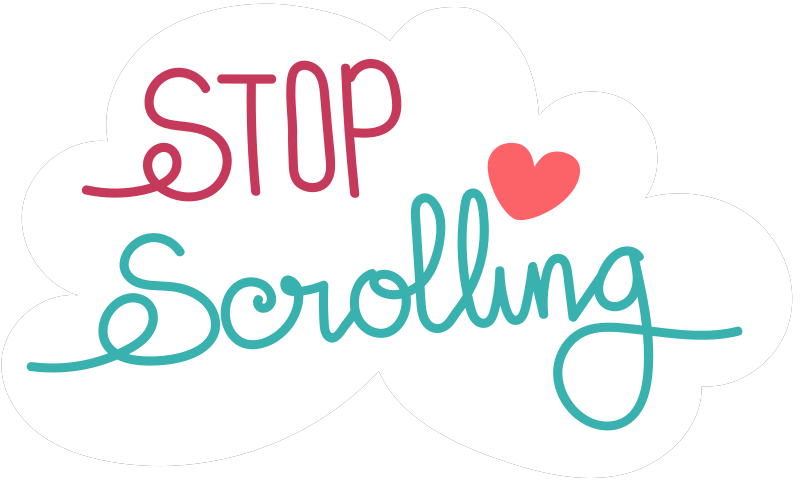Doomscrolling, the act of continuously consuming digital content—whether it be negative news, social media, or mindless games—has become increasingly common. While technology offers convenience and connection, excessive screen time can contribute to anxiety, restlessness, ruminating thoughts, insomnia, and a general sense of unease. To help manage and mitigate these effects, consider the following evidence-based strategies:
1. Set Specific Time Limits for Screen Use
Designate particular times during the day to check your phone, play games, or scroll through social media, and adhere to these periods. This practice prevents excessive screen time and promotes a more balanced lifestyle. Utilizing app timers or digital well-being tools can assist in enforcing these boundaries.
2. Curate Your Digital Content
Choose content that is meaningful and uplifting rather than engaging with overwhelming or stressful information. Avoid sources that may prioritize sensationalism over balance, and instead focus on reliable, constructive material that enhances well-being.
3. Practice Mindfulness
Engage in mindfulness techniques such as meditation, deep breathing exercises, or yoga to center your thoughts and reduce stress. These practices can help manage the anxiety that often accompanies excessive screen use.
4. Engage in Offline Activities
Dedicate time to hobbies and activities that do not involve screens, such as reading, exercising, or spending time in nature. These pursuits can provide a healthy distraction and improve overall well-being.
5. Implement Digital Wellness Tools
Utilize applications designed to monitor and limit screen time. These tools can alert you when you’ve exceeded your predetermined usage limits, helping to curb the habit of endless scrolling or gaming.
6. Focus on Positive and Meaningful Content
Intentionally seek out content that brings joy or personal growth. Balancing entertainment with educational or inspiring material can improve mood and provide a more well-rounded digital experience.
7. Practice Gratitude
Maintain a gratitude journal to reflect on positive aspects of your life. This practice can shift focus from mindless digital consumption to personal positives, fostering a sense of appreciation and reducing stress.
8. Limit Screen Exposure Before Bedtime
Avoid consuming digital content at least an hour before sleeping. This habit can improve sleep quality and prevent insomnia associated with late-night scrolling or gaming.
9. Connect with Others in Real Life
Engage in face-to-face conversations with friends, family, or support groups. Building in-person connections can provide emotional support and reduce feelings of isolation that may arise from excessive digital engagement.
10. Seek Professional Help if Needed
If excessive screen use leads to significant distress or interferes with daily functioning, consider consulting a mental health professional. Therapists can provide coping strategies and support to manage anxiety and other related symptoms effectively.
11. Start a Mindfulness Ritual
Practice regular check-ins when you reach for your phone—asking, “What am I actually seeking right now: information, distraction, comfort?”—to catch yourself before falling into unconscious scrolling or gaming. Understanding your triggers helps you choose more effective ways to meet your actual needs.
12. Create a Go-To Content Library
Bookmark specific media that inspires or interests you—like podcasts about people you admire, music that energizes you, or videos teaching skills you want to learn—to give yourself a better option when the urge for mindless scrolling hits. This curated collection of meaningful material becomes a ready alternative when your brain craves less fulfilling entertainment.
By implementing these strategies, individuals can regain control over their digital habits and reduce the adverse effects associated with excessive screen use.
References:
Mayo Clinic. (2024). Doomscrolling: Stop the scroll, protect your mental health. Retrieved from mcpress.mayoclinic.org
SoCal Mental Health. (2024). 13 Ways to Stop Doomscrolling. Retrieved from socalmentalhealth.com
Melixa Carbonell, MA, LMHC, ADHD-CCSP, NCC is a licensed clinical mental health provider with a private practice specializing in anxiety, ADHD, LGBTQ+ community, and life changes. Call or email for a free 15-minute consultation at 321.287.6919 or at [email protected]
